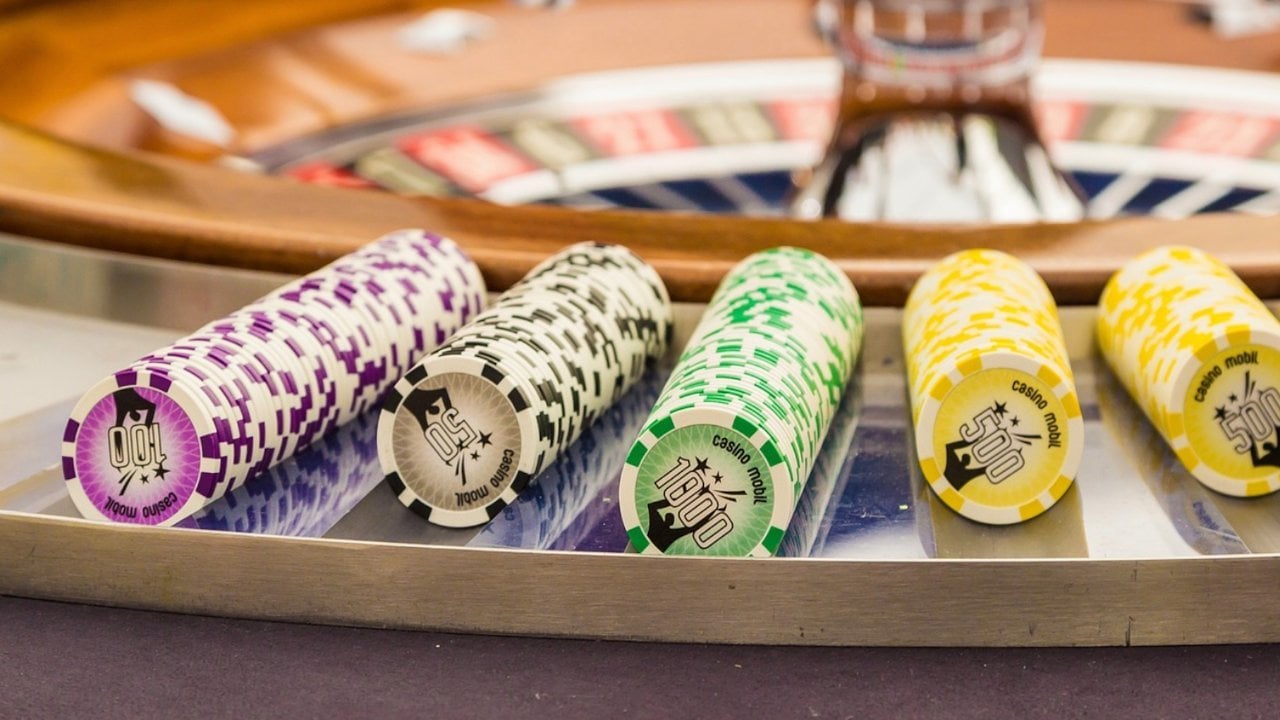

Time was ticking away, and there I was, Warren Nichols, Assistant Director at the Arizona Department of Gaming, staring down the barrel of an imminent NFL season launch. With less than three months to go, the heat was on. Arizona's bigwigs had given the green light to online sports betting, slapping it with an 'emergency' label – usually slapped on laws that need to rush through because they're vital for public safety. Talk about fast-tracking – this move meant we could bypass all the red tape that normally slows things down.
So, come June 2021, I found myself hosting a virtual pow-wow with a whopping 92 folks – a mixed bag of lobbyists, high-fliers from gambling companies, and reps from pro sports teams. We were all there to hammer out the nitty-gritty of our very first set of betting rules. For a solid hour and a half, I was egging them on to pitch in with their two cents. ""Expect some major rule revamps based on your insights today,"" I told them, hopeful and eager for their input visit your url.

And man, did they jump at the chance! These industry players were all in, bouncing off ideas left and right. Take Andrew Winchell from FanDuel, this dude's the director of government affairs at Flutter Entertainment Plc, and he was so invested that he even apologized for hogging the spotlight. ""No need to say sorry!"" I reassured him. There he was, diving deep into the draft, suggesting we give apps more breathing room to settle accounts with customers.
Then you had another bigwig, John Pappas, founder of Corridor Consulting, and a guy who knows his way around a lobbying pitch. He was poking fun at Winchell for stretching past the suggested speaking time limit. But that didn't stop Pappas from making his play – he wanted us to be cool with credit cards for sports bets, and Winchell was all for it too.
In the end, a lot of their pitches hit home runs. Arizona played by the industry's playbook on quite a few fronts, including the credit card deal. It's clear as day how these gambling gurus and sports teams managed to bend the rules to their liking. Thanks to some digging by Bloomberg News, who got their hands on a treasure trove of records, the full story of their power play is out there. In the four years since the Supreme Court said states could have at it with sports betting, 36 of them have jumped on the bandwagon. Now, folks can place bets through their phones, even mid-game, opening up the floodgates to a massive customer base for apps like FanDuel and the digital sidekicks of old-school casinos. Last year alone, Americans bet a mind-blowing $57.7 billion on sports – that's a whole lot more than what they dropped on flicks at the cinema. And now, gambling ads are as much a part of NFL and NBA game days as those for brews and cars.

But before the likes of J.B. Smoove and Jamie Foxx started jazzing up betting app ads, there was a legislative blitz. The people backing this betting bonanza were singing sweet tunes of tax money raining down for education and whatnot. Arizona's lawmakers were talking big game about ""hundreds of millions"" in tax dough. Yet, when you do the math, the state's haul from sports betting in the first year was a mere $21 million, barely a blip in their budget.
Over in Colorado, the voters said yes to betting with dreams of $27 million a year flowing into water projects. But after mountains of bets, the state's water plan only saw about $11.4 million this fiscal year – a drop in the bucket compared to what they actually need to fight the drought.
The whole country caught wind of the supposed gold rush from betting, thanks to lobbyists shining a spotlight on the gigantic betting amounts – the ""handle."" But what they don't tell you is that a lot of that cash goes back to bettors as winnings. The state only gets its cut from the leftovers. And when you break it down, the states are only pocketing about two cents per dollar bet, while something like the lottery hands over 30 cents per dollar. Rick Weil, a guy with his finger on the pulse of the industry, schooled me on that.
Let's not forget, in a lot of places, taxable income takes a hit because sportsbooks can write off the 'free bets' and other perks they throw out to lure in new bettors. By turning a blind eye to these write-offs, states have missed out on a stack of potential taxes. And get this – none of them were stashing away any real cash to tackle gambling addiction. The most anyone forked out in 2021 was Massachusetts with $10.2 million, and some states didn't pitch in a dime. But now that we're seeing a spike in call-ins for help and other red flags, states like Colorado are waking up and trying to patch up those tax loopholes and set aside more funds.

John Holden, a business prof at Oklahoma State University, hits the nail on the head: ""We've gotta ask ourselves if we're really getting our money's worth here.""
Despite a slap in the face in California, where voters gave the thumbs down to a betting law that went against the wishes of tribal casino big shots, this industry is still on the upswing. In New York, Indiana, and a couple other places, lobbyists are trying to spin the modest tax revenues into a selling point. They're pushing for not just sports betting but full-blown online casino games, promising fatter paydays for the states.
But that's a risky game. A study out of Spain showed that after they gave online casinos the green light in 2012, there was a fourfold spike in gamblers under 26 looking for help. And now, we're seeing signs that the US might be heading down cnn the same path. Gambling counselors are getting an earful from young dudes hooked on betting through their phones, and the whole thing is starting to look a bit like the mess with opioids and smokes.
Peep this: A survey by the National Council on Problem Gambling revealed that a whopping 25 million more Americans were gambling online in 2021 compared to three years earlier. And the number of folks lying through their teeth to cover up their gambling doubled. Arnie Wexler, who's been on the gambling counseling scene in New Jersey for three decades, is getting SOS calls from teenagers and their freaked-out parents. ""Give it a few years,"" he says, ""and you won't find a seat at a Gamblers Anonymous meeting.""
Man, you should've seen Atlantic City back in the day. It was like a ghost town after a bunch of casinos shut down one after another. It was a real sight, and let me tell you, it did not sit well with a lot of folks. Take Ray Lesniak for example, this guy – a New Jersey state senator and a Democrat – was super ticked off. He was looking at Las Vegas just killing it, with crowds of people hitting up their casinos and betting on sports like there was no tomorrow. And here's the kicker: the rest of us couldn't get in on that action because of this 1992 law, the Professional and Amateur Sports Protection Act, that basically said Nevada gets to have all the fun, and the rest of us, well, we get to watch.
So, Lesniak, he's not having any of it. He pushes through this bill in New Jersey in 2012 to get sports betting on the table, and bam! – the big leagues like the NFL and the NBA come knocking with their lawyers cbc. They're all worried that if people start betting on games, they'll start thinking the games are fixed. And man, David Stern, that old NBA commissioner, he's out there in '93 going, “We can’t have folks betting their milk and bread money on basketball games.”
But then, get this, in May 2018 the Supreme Court just goes and tosses out that old law, saying it's not constitutional. And I kid you not, within hours, this tech company GeoComply Solutions from Vancouver is on the horn with all these big brains – analysts, lawyers, consultants – trying to figure out where the money's at now that the floodgates are open. And it's not just them, state governments are smelling the cash, too. They're all over it, talking about this tax windfall they could scoop up, and nobody wants to be left in the dust.
And would you believe it? Those same sports leagues that were all ""No betting, please,"" turned on a dime. Suddenly, they're all about the betting life, coz it means more people glued to their screens and more dough rolling in from ads and sponsorships bbc. Next thing you know, the teams and these betting operators are thick as thieves, making nice with lawmakers and throwing money around like it's going out of style. And guess what? Some of the lobbyists in the mix used to be the regulators calling the shots. Talk about a wild ride, huh?